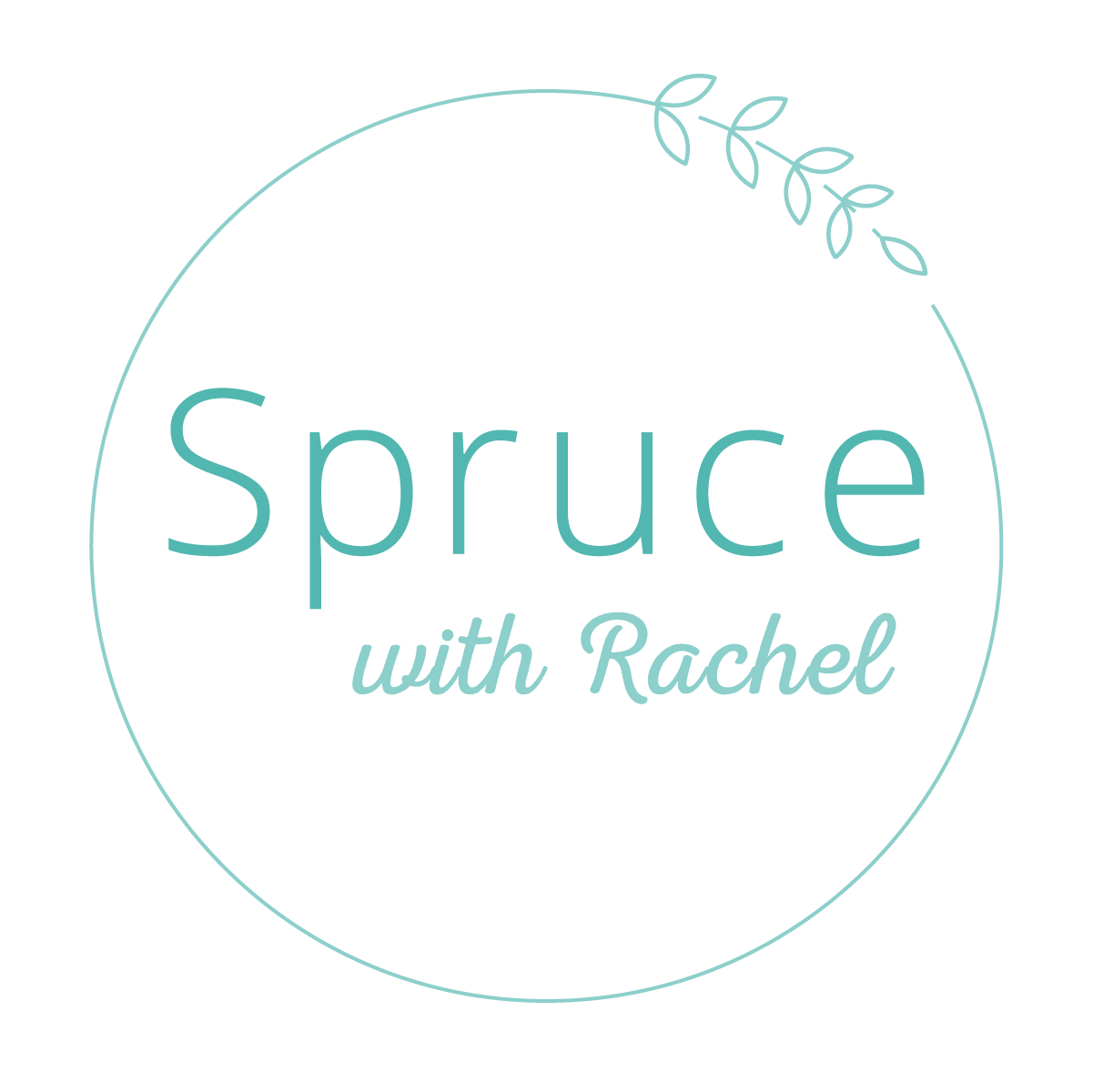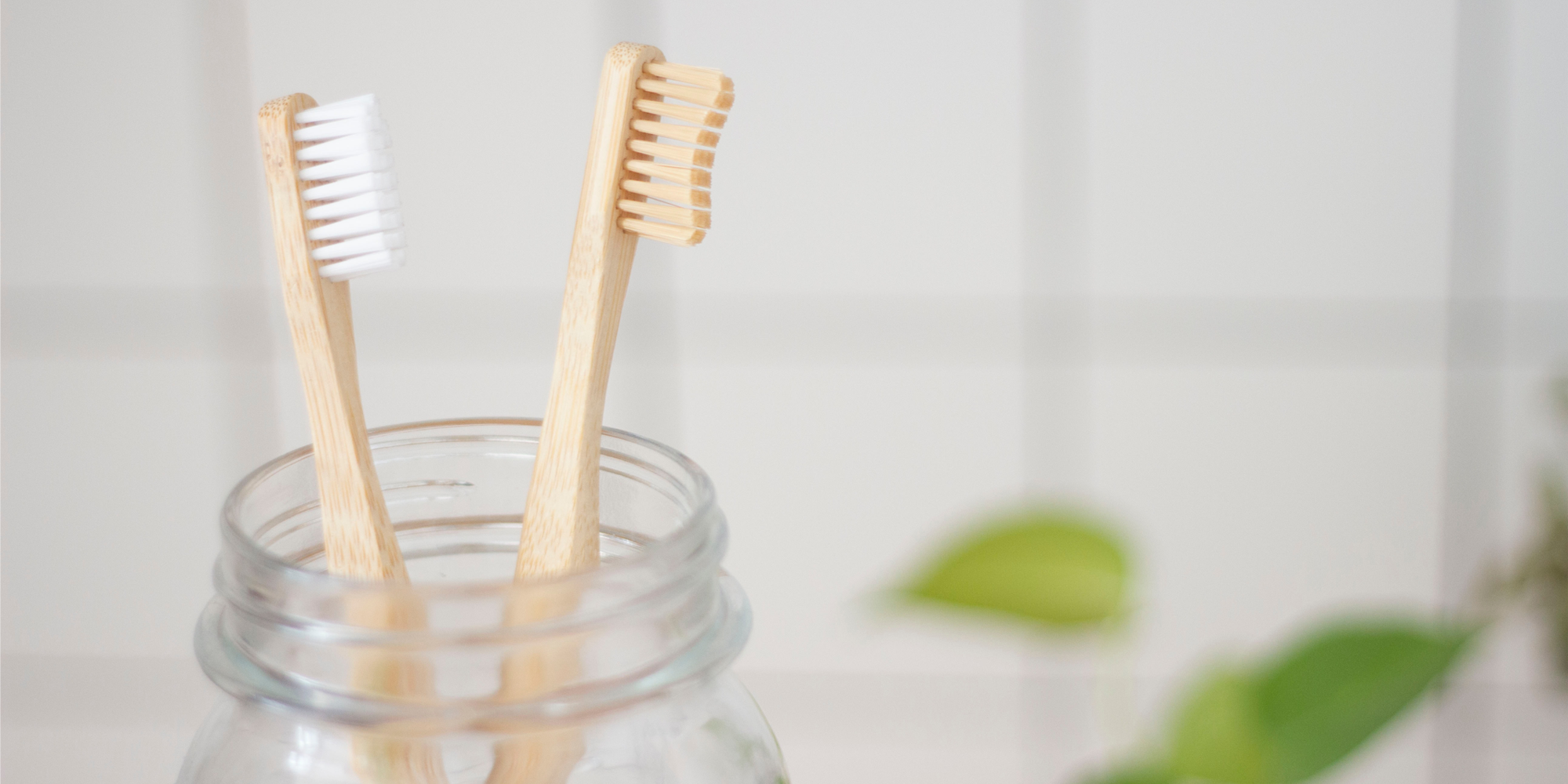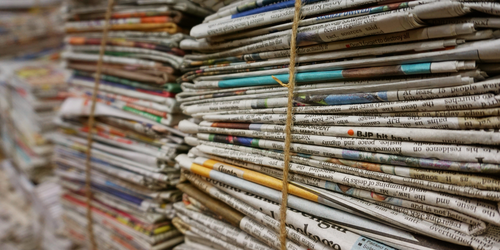Where Does It Go?
This is the number one question I hear! I’m continuously researching options for specialty donation and disposal services because guidelines change, recycling partnerships are updated, and many places limit the quantities they can accept.
Here are a couple key categories of commonly used items and how to dispose of or donate them. These will be updated regularly as the rules change on where things go and as new resources become available.
COVID-19 and Donations:
As with most other things, the pandemic has radically altered the donation scene. While I strive to keep these links current, the policies of different organizations are highly fluid and frequently changing! To avoid any inconvenience, please check ahead with your intended recipient to determine their current donation protocols.
Baby Items
Wellspring Family Services will take disposable diapers, formula, children’s clothing, and new/gently used toys.
Westside Baby has a comprehensive list of accepted items from diapers and formula to car seats and cribs.
Kid Vantage (formerly EastSide Baby) is another great organization that accepts many kinds of baby supplies.
Building Salvage & Supplies
Have leftover building supplies or materials from a home remodel project … or did the previous owner of your home just leave theirs for you as a gift?
Check out Ballard Reuse, Second Use, and Earthwise. Visit their sites to see what they are currently accepting. You can get a donation receipt and some offer a credit to use towards future purchases or an option to consign items.
Habitat for Humanity can accept usable and unexpired building materials and the Auburn, Bellevue, and Southcenter stores can accept a variety of items for their shop. Check out their list of accepted household goods and appliances here.
Books
There’s no shortage of options for giving your books a new home! Check which libraries have a Friends of the Library group here to see what items they’ll accept for donation.
For selling books:
Half Price Books will buy your books, comics, music, movies and collectibles. What they don’t buy, they can donate for you.
Third Place Books will buy your used books for store credit, by appointment only.
Check this map for The Little Free Library in your neighborhood – they’re a great place to drop off books (and possibly find a new one).
Clothes & Textiles
Even your dirty, worn, damaged, or ripped items can be recycled! Clothes, shoes (even singles!), hats, belts, backpacks, linens, bedding, and curtains can all be given a second life and kept out of the landfill.
Items that are wet, mildewed, or contaminated with hazardous materials cannot be accepted.
Find a collection site close to you here or drop off with a Threadcycle partner like Big Brothers Big Sisters, Goodwill, Northwest Center, and Salvation Army.
Give your professional wear a second life by donating to Dress for Success, a program that supports women in the community. Simple & Just, a non-profit resale shop in Ballard, accepts gently worn women’s and men’s clothing.
If the idea of sprucing your wallet as well as your space sounds appealing, selling or consigning your clothes is a great option! Buffalo Exchange buys daily, from open to close, and you can even join their digital wait list to get notified when it’s your turn to sell.
My favorite places to consign in Seattle are Editor Consignment in Ballard, Labels in Phinney Ridge, and Two Big Blondes, a plus size consignment shop in the Central District.
Order a closet clean-out bag from ThredUp, and they will photograph, list, and sell your items, deducting a $14.99 fee from your earnings. Earn cash or credit and leave the work to them!
Electronics
Although they are currently not taking donations, InterConnection normally accepts laptops, tablets, desktop PCs, monitors, cables, phones, stereo equipment, VCRs, and game consoles.
Living Green Technology has several drop box locations, and you can also contact them about scheduling a pick-up for business e-cycling.
E-Cycle Washington is a free electronics recycling program offered by the Washington State Department of Ecology.
Have an old cell phone in the junk drawer? Cell Phones For Soldiers is a program that helps our active-duty military personnel and veterans keep in touch with their loved ones.
Check out SwopSmart if you’d like to sell your old electronics - they’ll give you an instant quote online for your phones and tablets, and provide pre-paid labels for shipping.
Food & Pantry
Ballard Food Bank stocks non-perishable, unopened cans and packages of food, fresh produce from your p-patch or garden (including vegetable starts), opened packages of cat & dog food, and opened bottles of shampoo and lotion.
Hazardous Waste
This can be such a confusing category - we are all just trying to get things safely to the right place! You can review the list of what the City of Seattle considers hazardous waste here . Their Where Does It Go? tool is a great resource for determining how to properly dispose of hazardous materials. Here are the most common items I come across when organizing:
Batteries – so many sizes, so many types. Call2Recycle has a search engine to find out who accepts single use, rechargeable, and cell phone batteries near you.
Bulbs - fluorescent and CFLs (the curly/twisty bulbs) can be brought to your local Bartell Drugs, Home Depot, Ikea, or Lowe’s - check their recycling stations (usually located near the store entrance) or ask an associate.
Cleaning products, adhesives, hobby chemicals, pesticides and oil-based paint, propane tanks…the list goes on. King County’s Solid Waste Division has two sites that accept household hazardous waste for disposal and recycling – find more about it here.
Mattresses
If you have purchased a new mattress and/or box spring, check to see if they will haul away your old items for recycling when delivering the new ones.
Arrange a special pick up through Seattle Public Utilities here or head down to the transfer station, there is a fee for both disposal options.
Medications & Toiletries
Seattle’s Union Gospel Mission provides toothpaste/brushes, deodorant, shaving cream/razors, and feminine hygiene products to our unhoused neighbors. Items must be unused and can be full or travel size.
You can safely dispose of most over the counter and prescription medications through the Take Back Your Meds program. Check with your pharmacy of choice to confirm which medications they can accept.
Find a safe medication return location here.
The MED-Project offers mail-back services for unwanted or expired medications, inhalers, and pre-filled injector products.
Arts & Crafts
Have some leftover supplies from that craft project and aren’t quite sure what to do with them? Seattle ReCreative is a non-profit organization that promotes creativity, community and art education.
Urban ArtWorks is another great non-profit that encourages creation of public art. They will accept donations of paint and painting supplies.
Paint
Oil-based paint - be sure to check the label before bringing it to hazardous waste!
Latex and Water Based-Paint
Drop off unwanted latex paint, water-based stains and clear finishes for recycling at any PaintCare location. Cans/containers must have their original label to be accepted.
Shredding & Hauling
Sometimes you need to call in the big guns. If you have a lot of bulky or heavy items that need disposal or just a large quantity of stuff, a hauling service can be a great option.
It’s vital to properly shred any paperwork with personal information on it. For jobs that are above and beyond a home shredder, there are many options for bulk shredding that can give you peace of mind for as low as a few dollars per pound.
Check here for free, local community shred events.
Collectibles
Bellevue Rare Coin will buy gold, silver, jewelry, coins, and other valuables. Walk-in or schedule an appointment at any of their locations.













